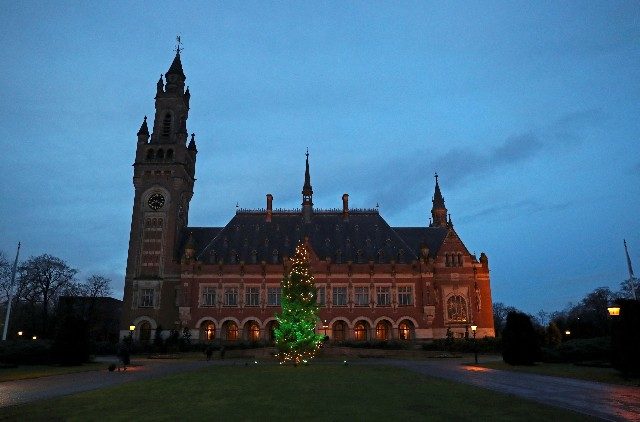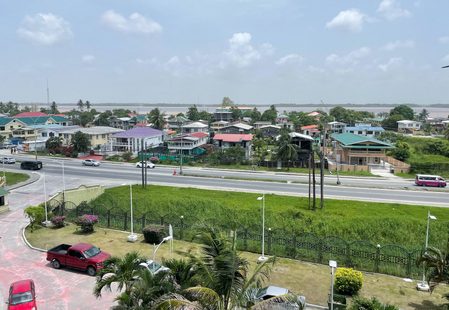SUMMARY
This is AI generated summarization, which may have errors. For context, always refer to the full article.

THE HAGUE – Judges at the International Court of Justice (ICJ) on Thursday, April 6, ruled they had jurisdiction over a long-running border dispute between Guyana and Venezuela, which could determine which country has rights to offshore oil and gas fields.
Guyana asked the ICJ, also known as the World Court, in 2018 to confirm that the border was laid down in an 1899 arbitration between Venezuela and the then-colony of British Guiana. (READ: Venezuela president takes Guyana border dispute to UN chief)
Venezuela, while boycotting much of the procedure, tried to stop the case from moving forward by arguing the United Kingdom should be involved as Guyana was a British colony in 1899, but judges rejected that reasoning and said they have jurisdiction.
The court “by 14 votes to 1, rejects the preliminary objection raised by the Bolivarian Republic of Venezuela,” said presiding judge Joan Donoghue, while reading the decision.
The next step will be hearings on the merits of the case. A final ruling could be several years away.
Venezuela does not want the ICJ to rule and instead insists on a bilateral negotiated solution to determine the course of the land border, which may ultimately determine which country has rights to certain offshore oil and gas fields.
Offshore oil discoveries in recent years have given Guyana, which has no history of oil production, the potential to become one of the largest producers in Latin America.
The U.S. oil company Exxon Mobil Corp XOM.N is in a consortium with Hess Corp HES.N and CNOOC Ltd 0883.HK of China that produces crude in Guyana’s offshore Stabroek block, part of which is located in waters claimed by Venezuela.
Venezuela’s government is expected to give a statement on the decision later on Thursday. – Rappler.com
Add a comment
How does this make you feel?

There are no comments yet. Add your comment to start the conversation.